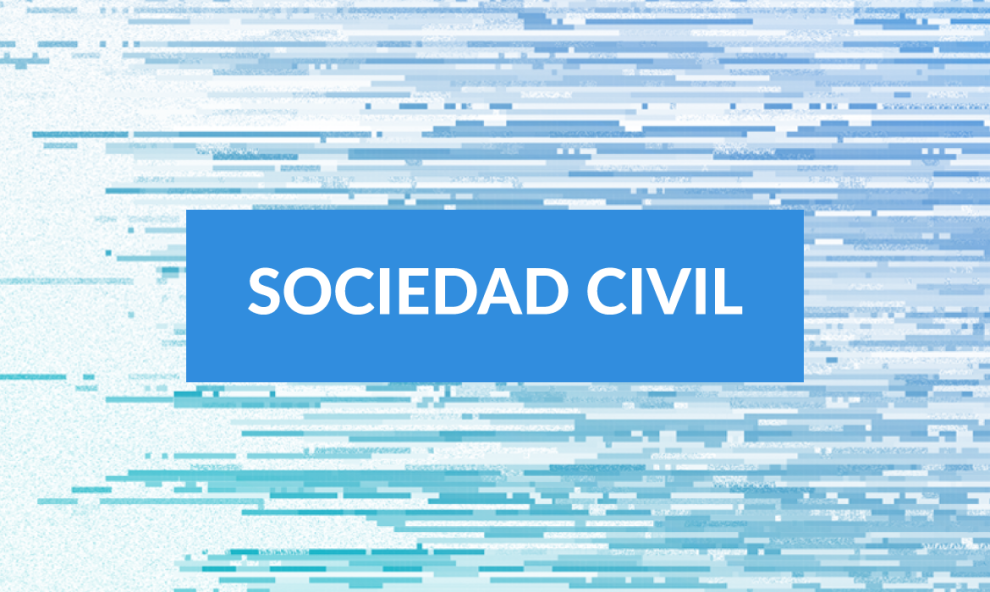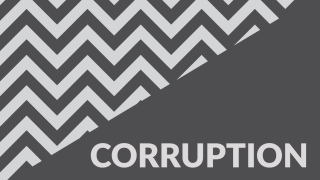The darkest character in Catch-22, Joseph Heller’s novel, is Milo Minderbinder, a low-echelon official who constructs an immense empire selling supposed military surplus and accumulating all kinds of titles of noble birth, such as Caliph of Bagdad. Everything appears to thrive until Milo gets into worthless business dealings buying cotton in Egypt without being able to consign it anywhere. The problem becomes so complex that the U.S. Government itself takes control of the enterprise. I ask myself whether the outcome of this story would have been different within a context of transparency and checks and balances.
Transparency has become a buzzword in political debate. Diverse civil organizations lay claim to it and pledge to advancing it. Given the origin of Mexico’s political system and its propensity for opacity and control, transparency is a central and indisputable value.
Behind the struggle for appearances lies a entire culture of distrust and fear on the part of the authorities vis-à-vis the citizenry. Instead of eradicating corruption, the demand for transparency has come to justify personal and political score settling and, worse yet, its employment as an argument for incompliance with the norms. Many public servants live in an environment of fear with respect to the ministry of the Public Function (whose resolutions can lead to time in prison), which in turn leads them to make poor decisions, hide resources or waste them, that is, exactly the opposite of what transparency legislation is supposed to accomplish. In addition, the law only applies to some spaces of public life but not others (for example, it has yet to “touch” state governments), which brings about opacity and protects the wrongdoers. It is no coincidence that the overwhelming majority of campaign financing materializes from the states.
But transparency also can be a myth. Greater transparency is no guarantee of better government. In fact, much greater transparency would be achieved if the surfeit of requirements and controls on economic activity and transactions in general were eliminated because the current regime tends to inhibit honest and competent functionaries above all when they must make complex and transcendental decisions that are not easily comprehended by the common citizen, simultaneously opening spaces of opacity for those who are dishonest.
In the wake of our impetuous style, legislation in matters of transparency has gone much further than it does in other climes. While in Mexico a citizen can request a certain piece of information and obtain it in a matter of days, in the U.S. this same request may take six months. In addition, in Mexico the service is free while there it’s only complementary when requested by the journalistic media: everyone else has to pay a fee that’s not a nominal one.
I return to the beginning: transparency is vital for a democracy and much more so for one embarking on constructing itself and stemming from an obscure world. But there is the risk that transparency as we have constructed it may end up being the enemy of good government. Two anecdotes, absolutely distinct in nature, rouse my concern.
The first refers to the decision that a highest-level functionary had to make some years ago. It had to do with an enormous governmental investment: the project required some turbines of a determined size, but the analysts determined that that the project would be much more successful in terms of profitability and efficiency if certain larger turbines were to be acquired. Although more expensive, their greater efficiency would allow for greater profit during the project’s lifetime. The economic decision appeared obvious, but the attorneys convinced the functionary that his legal vulnerability would be massive were he to do what was best for the project and the country. And that’s what he did.
The other anecdote is more mundane but no less relevant. An acquaintance of mine has become a virtual employee of the Mexican Federal Institute for Access to Information (IFAI) because it seems that she has nothing else to do but respond to the requests for information that come her way constantly. Rather than doing the work entrusted to her and for which she is paid, she devotes hours on end to combing files to obtain information and sending it to the IFAI. One would think this a small cost in terms of democratic construction; however, what’s truly interesting is not the bureaucrat’s time, but rather the nature of the requests that she is required to attend to: the overwhelming majority of these requests is widely available information and that is only of use to students doing schoolwork. That is, transparency has evolved into a mechanism for engaging the bureaucracy in doing homework for lazy students.
Neither of the two anecdotes is conclusive in itself. I am a firm believer in democracy as a method for a society to decide its future and in transparency as a tool by which the society informs itself. I am clear on that after decades of excesses and abuse, it is better to sin of the side of too much than too little. What worries me is that transparency can turn into an excuse for a yet worse quality of government.
The issue of transparency is ubiquitous in the world. There is discussion everywhere on the “optimal” level of transparency that permits keeping the citizenry duly informed as well as complying with the responsibilities and the functioning of a government. This balance is not easy; thus, in many ambits the question posed is, how much transparency is enough? Many functionaries prefer none, civil organizations want all.
Further than preferences, the issue is important. Faced with dilemmas of this nature, in England the possibility was discussed that members of Parliament would review delicate matters (for example military ones) that require supervision, but it was concluded that the members of Parliament could find themselves in situations of conflict-of-interest due to their dual function as supervisors of the public interest as well as responsible before their constituents. Therefore, they opted for a peculiar figure: a “wise” man who is not dependent on the government, who is paid by the hour and who is responsible for supervising these delicate functions and reporting back to the Parliamentary Committee. With this I do not wish to suggest the adoption of such a scheme, but only want to call attention to that transparency is not always the only or best solution in a democratic society.
The key does not lie in more transparency per se, but rather in an integral regimen of transparency that would concomitantly safeguard affairs that should be supervised but not necessarily made public. Democracy is too important to be risked on ideological or political agendas.





Comments